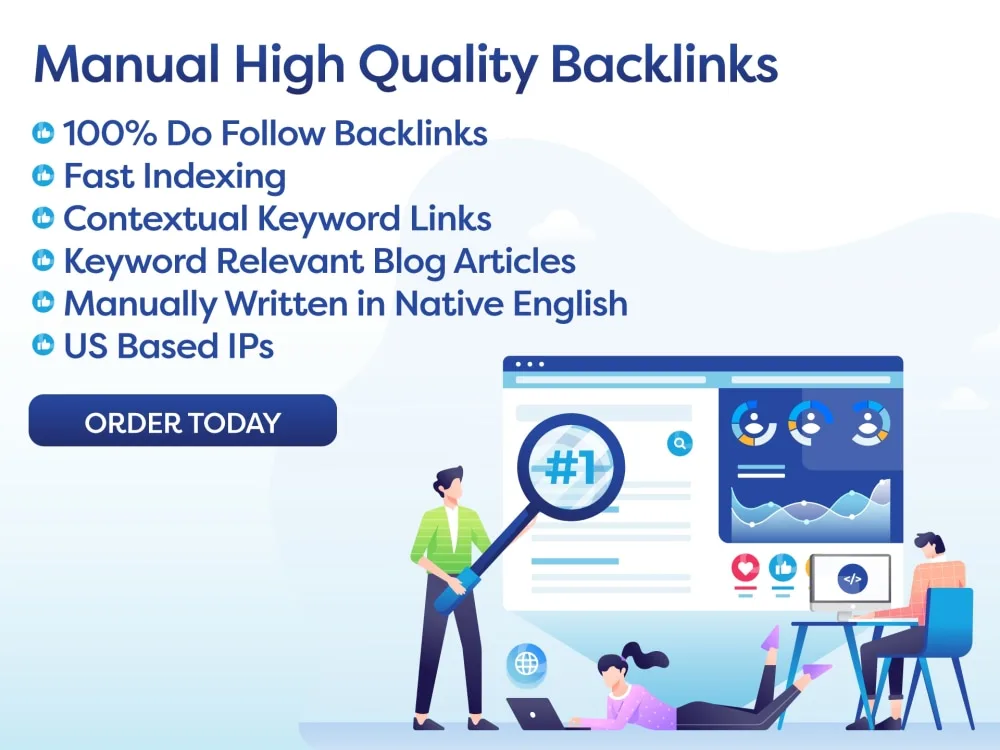Insights into optimizing websites for augmented reality experiences to enhance user engagement.Insights into SEO for Augmented Reality: Enhancing User Engagement with Optimized Websites
Augmented reality (AR) has become a popular technology in recent years, with its ability to blend digital elements into the real world. From gaming to retail, AR has revolutionized the way we interact with the world around us. With the increasing use of AR, it is important for businesses to optimize their websites for this technology. This is where SEO for augmented reality comes into play. In this article, we will explore the significance of SEO for AR and how it can enhance user engagement.
Understanding SEO for Augmented Reality
SEO, or search engine optimization, is the process of optimizing a website to improve its visibility and ranking on search engine results pages (SERPs). It involves various techniques and strategies to make a website more appealing to search engines and ultimately, to users. When it comes to AR, SEO plays a crucial role in making sure that AR experiences are easily discoverable and accessible to users.
AR experiences often rely on web-based platforms, such as mobile apps or websites, to function. This means that optimizing the website for AR is just as important as optimizing it for traditional search. In fact, a well-optimized website can significantly enhance the overall AR experience for users.
The Importance of Website Optimization for AR
When a website is optimized for AR, it becomes more user-friendly and interactive. This is because search engines can easily identify the AR content on the website and display it in their results. This can lead to an increase in website traffic and user engagement.
Moreover, with the rise in popularity of voice search and virtual assistants, it is crucial for websites to be optimized for AR. These technologies rely on structured data, which allows search engines to understand the content on a website better. By incorporating structured data into AR experiences, websites can improve their chances of being featured in voice search results.
Best Practices for SEO in Augmented Reality
To optimize a website for AR, there are a few best practices that businesses should follow:
1. Utilize Keywords: Just like traditional SEO, incorporating relevant and targeted keywords into AR content can improve its visibility on search engines. However, it is essential to use natural and conversational language, as AR experiences are often voice-activated.
2. Optimize Metadata: Metadata, such as titles and descriptions, should also be optimized for AR. This will help search engines understand the content on a website and display it accurately in search results.
3. Utilize Structured Data: As mentioned earlier, structured data is crucial for AR optimization. It allows search engines to better understand the content and context of AR experiences, making them more likely to appear in search results.
4. Optimize for Mobile: With the majority of AR experiences being accessed through mobile devices, it is vital to ensure that the website is mobile-friendly. This includes having a responsive design and fast loading times.
FAQ about SEO for Augmented Reality:
Q: How can SEO improve AR experiences?
A: SEO can improve AR experiences by making them more easily discoverable and accessible to users through search engines.
Q: Is it necessary to optimize websites for AR?
A: Yes, as AR experiences often rely on web-based platforms, optimizing the website is crucial for a seamless and engaging user experience.
Q: Can SEO for AR help with voice search optimization?
A: Yes, incorporating structured data into AR experiences can improve their chances of being featured in voice search results.
Q: Are there any specific techniques for AR SEO?
A: While the basic principles of SEO apply to AR, it is essential to utilize keywords, optimize metadata, and utilize structured data for optimal results.
Q: Is SEO for AR only relevant for certain industries?
A: No, SEO for AR can be beneficial for various industries, including retail, gaming, entertainment, and education.
In conclusion, optimizing websites for augmented reality is crucial for enhancing user engagement and ensuring a seamless AR experience. By following best practices and incorporating targeted keywords and structured data, businesses can improve their visibility and ultimately, their success in the world of AR.


